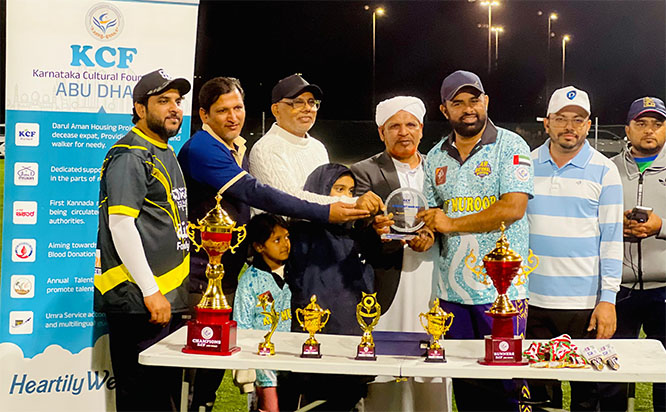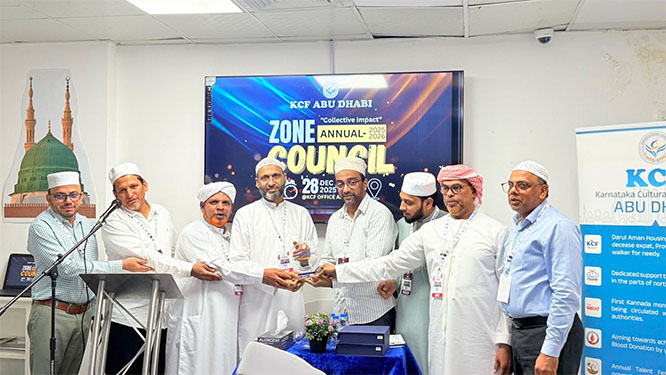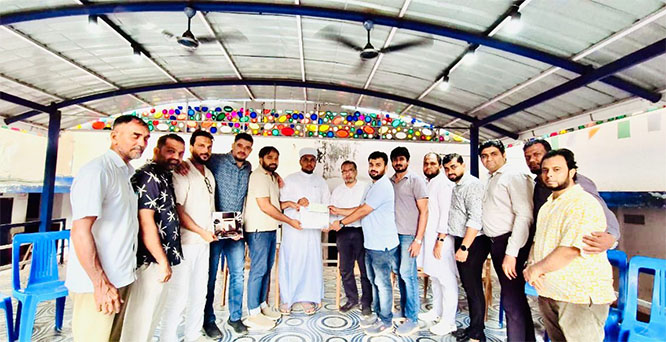Mangaluru, Sept 23: Israr Pasha, a college student from this coastal city, has clinched two gold and one silver medals at the Commonwealth Powerlifting Championship recently held in South Africa.
In a short span of three years, the international champion has reached great heights, from winning various medals at district, state and national level championships held from 2014. The defining moment prior to the Commonwealth Games was his win at the 2016 South Indian National Sub-Junior competition at Nagpur, where he clinched gold amidst tough competition.
Pasha reveals that hard work, passion, and practice are the three secrets to his success. He lauds his mother Khathija as his primary motivator, right from creating the perfect environment at home to taking care of his every need. His father Abdulla, his brother, his friends, coaches Satish Kumar and Pracheth K have been equally encouraging.
Friends and wellwishers at the Veeranjaneya Gym and the Balanjaneya Gym at Bikarnakatte, Mangaluru are ecstatic about his win. “I had to put in four hours of practice every single day”, he says. ”My coaches motivated me to the maximum”.
His time in South Africa was exciting, after weeks of coaching and camps conducted by the Indian Government. “The winning moment for me was when I lifted 205kg”, he reckons. “I started out four years ago lifting a mere 50kg. Today I can lift up to 500kg”, he laughs. “My parents are super-parents. They have been extremely motivating throughout. I’ve started training my brother in this field as well”, he beams.
The most enriching part about the whole experience is the respect that he gets in society now. “From being the Best Sportsman of the Year at Aloysius PU College three years ago, I have come to this level. The respect I get from society is the most fulfilling part”, he smiles.
Pasha believes that women too have great scope in this sport. He asserts that women can lift better than men, and that all they need is a good coach. His dream is to get into airport management, and open a gym one day.
Asked to describe his journey in a single word, Pasha has a great answer: “Awesome!” Pasha is a student of I BBM of St Aloysius College (Autonomous) Mangaluru and a resident of Kulshekar area in the city.









Comments
Add new comment